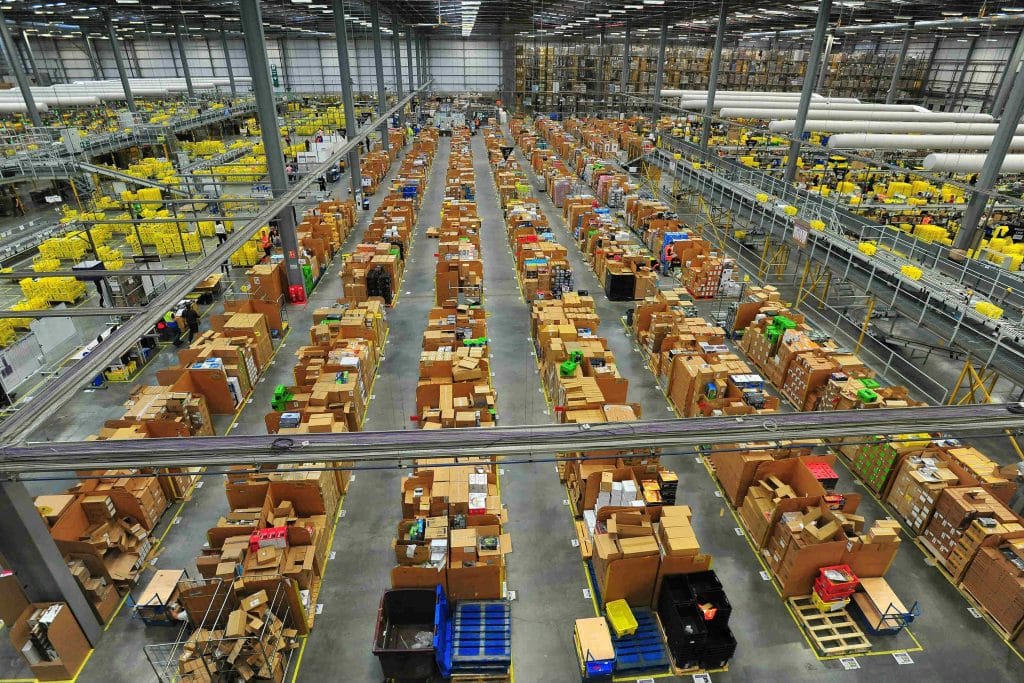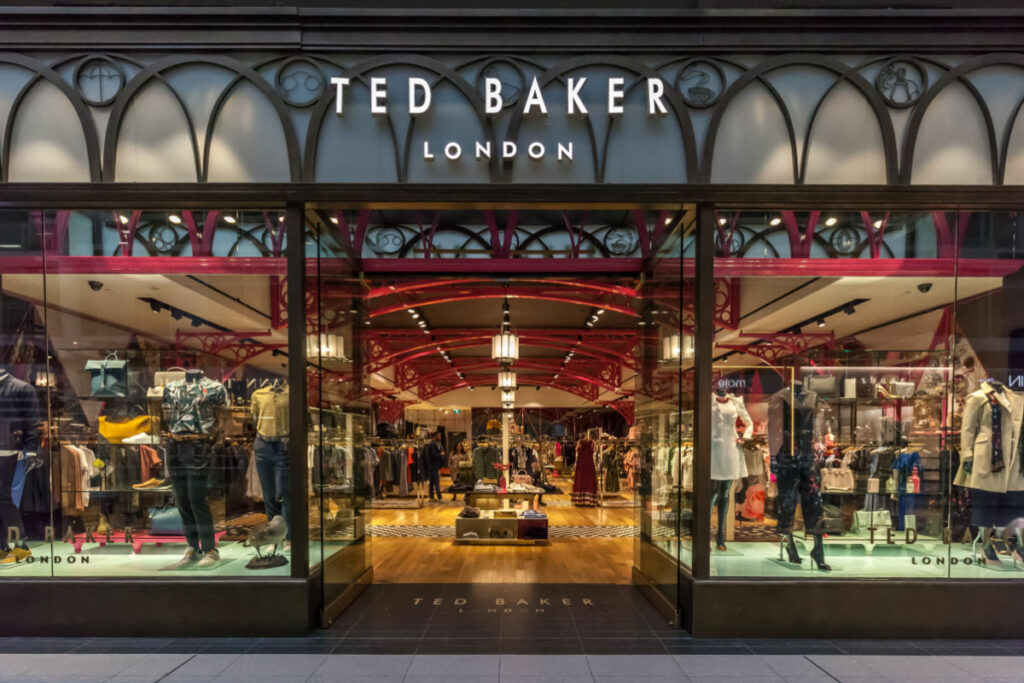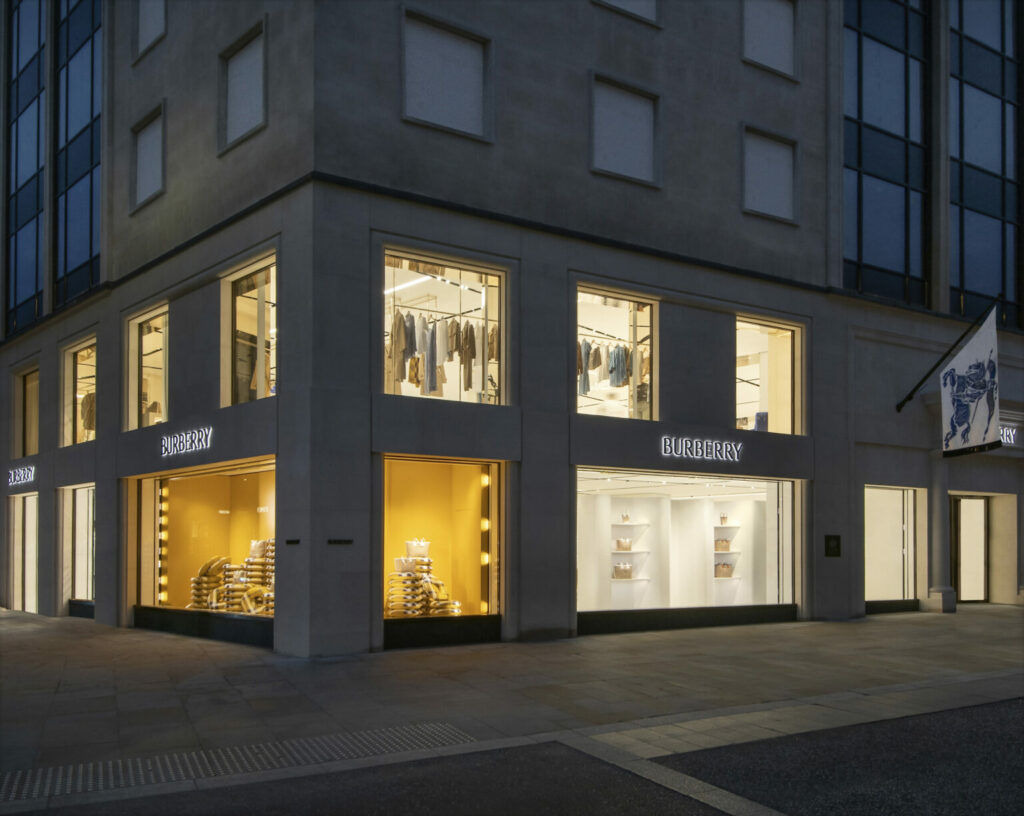// Ambulance call outs to JD Sports and Asos grow in the past year
// Call-outs to Sports Direct warehouse decline, indicating improvement
// Fresh data raises concerns over retailers’ warehouse working conditions
JD Sports and Asos have landed in hot water amid reports that ambulance call-outs to their sites have increased, raising concerns over working conditions.
According to Press Association, JD Sports saw 40 call-outs to its Rochdale site last year, while ambulances were sent 45 times to Asos’ unit in Barnsley.
The figures also reportedly show that ambulances have been dispatched to JD Sports’ Greater Manchester premises 117 times over the past three years and 148 times to the Asos warehouse in South Yorkshire.
READ MORE:
The figures come after a spate of working practices scandals from some of the UK’s biggest retailers – including the most high-profile one from Mike Ashley’s Sports Direct, whose site in Derbyshire was described as a “Victorian workhouse” by unions.
It’s also not the first time JD Sports has come under fire for its warehouse conditions.
In 2016, the sportswear retailer launched an investigation into conditions at Rochdale after an undercover film showed staff allegedly paid less than the minimum wage and treated “like cattle”, according to former MP Iain Wright.
Asos has also been previously targeted for its warehouse working conditions.
The new statistics do not indicate why the ambulances were summoned, but previous instances of poor working practices in warehouses include staff being subject to timed toilet breaks, invasive security checks and exhausting targets.
There have also been allegations from some packaging sites that employees fall asleep on their feet after being forced to work overtime, with ambulances called to assist those who struggle with the pressure of long hours and conditions.
The new figures also show that Sports Direct’s ambulance call-out rate has improved dramatically since “Victorian workhouse” scandal in 2016.
In 2018, nine ambulances were called to its Shirebrook warehouse, compared with 17 in 2016, 18 in 2017 and more than 70 in 2013 and 2014.
Other retailers included on the new data includes Tesco, Shop Direct and Amazon.
Forty ambulances were called to Tesco’s sites in Milton Keynes, Didcot and Reading last year.
A total of 21 ambulances were called to the Amazon warehouse in Warrington in 2018, six to the online giant’s site in Doncaster, and one to its Water Vole Way unit in the town.
Meanwhile Shop Direct had 12 call-outs.
Matt Draper, of the Unite union, said the warehouses of some retailers “risk becoming the dark satanic mills of the 21st century”.
“It doesn’t have to be this way though,” he said.
“Where employers work with trade unions and treat people with respect there are fewer accidents and a better health and safety record.”
Tesco, Shop Direct and Sports Direct declined to comment.
A spokesman for JD Sports said: “Given the scale of our operations, the number of incidents where an ambulance is called each year is proportionally very low.
“Not all ambulance call-outs are related to workplace incidents, with many relating to an employee or contractor falling ill, or for issues completely unrelated to the work environment.
“As a business, we have a responsibility to our staff and everybody on site, to take no risks when it comes to their health and safety.
“If there is a concern that an ambulance may be needed, for whatever reason, one will always be called. It would be irresponsible not to.”
Asos and XPO Logistics, which runs the Barnsley site on its behalf, said: “We are a responsible employer that values the safety and the welfare of our 4500 Grimethorpe site employees above all else.
“Because of that commitment, it is our policy to call an ambulance whether a situation is work-related or not, often as a precaution.
“Since 2013, the accident incident rate has declined considerably year-on-year and has remained significantly below the industry standard throughout this period.”
Amazon said it has 40 per cent fewer injuries on average than other transportation and warehousing companies in the UK.
A spokesman said: “Using absolute ambulance numbers to suggest that a workplace is not safe is simply wrong because it does not take into consideration hours worked, population size, and whether the requests were work-related or not.”
Click here to sign up to Retail Gazette‘s free daily email newsletter


















